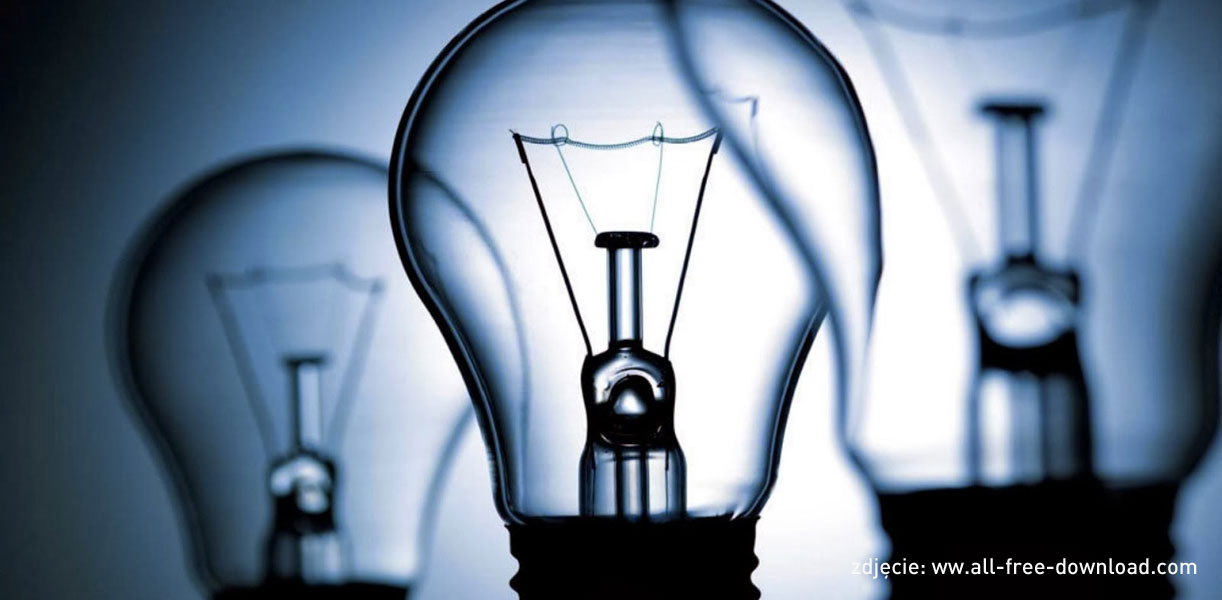The International Energy Agency has carried out an in-depth review of the European Union’s energy policy. According to the published report, the EU has intensified efforts to increase the share of clean energy sources, strengthening its position as a global leader in the field of reducing greenhouse gas emissions. At the same time, according to IEA, the Union has the opportunity to accelerate the transition to clean energy sources.
According to a new IEA report, greenhouse gas emissions in the EU in 2019 were 23 percent lower than in 1990, which means that the EU has already achieved its 20% reduction target by 2020. As the agency points out, the main factor that led to the reduction of emissions is renewable energy. The IEA emphasizes that carbon dioxide intensity in European energy production is currently well below most other parts of the world. The Agency also notes that the EU is a leader in the field of renewable energy technologies, especially offshore wind energy, and many of its Member States have a policy of carbon withdrawal. However, IAE also points out that greenhouse gas emissions in the transport sector in the EU are still rising, and energy consumption in buildings still requires large amounts of fossil fuels.
The IEA notes that due to the fact that different energy policies operate in EU countries and the approach to decarbonisation differs, the agency’s report indicated that strong cooperation under national energy and climate plans would be necessary. The IEA also recommends that the EU build on an integrated energy market and cross-border trade, and develop stronger carbon price signals.
The IEA report also emphasizes that maintaining EU energy security remains extremely important because the energy sector is crucial to the functioning of citizens and economies. In the opinion of the IEA, in particular, electricity systems and markets in the EU will have to cope with the growing share of variable renewable energy. At the same time, threats such as extreme weather conditions and cyber security threats intensify the challenges associated with the design and operation of power systems.



